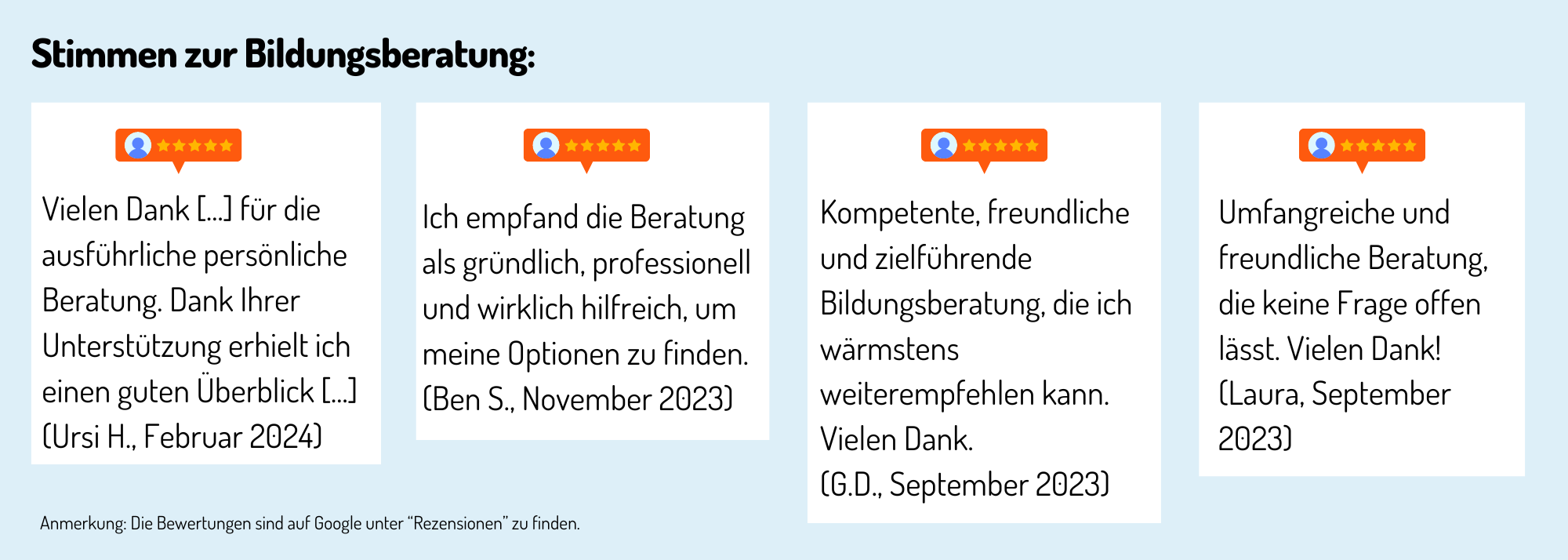Sign language interpreter: studies, training, further training, overview of providers
Are you looking for a suitable study provider for training / further education as a sign language interpreter? Here you will find suitable schools as well as further information, tips and resources for further training.
Would you like personal advice on the offer? Contact the provider of your choice via the "Free information on the topic..." button - without obligation, quickly and easily.
Curative education studies as a sign language interpreter
Would you like to make a contribution to society in your job? Do you have a particularly big heart for people with disabilities - e.g. deaf or hearing-impaired people? Would you therefore like to receive professional training in sign language? Then sign language interpreting is certainly the right career choice for you. With interpreting services, you will greatly promote the integration of hearing-impaired or deaf people. These services are needed wherever hearing people come together with deaf or hard of hearing people. Without the sign language interpreters, misunderstandings or language barriers would otherwise quickly arise. The field of application ranges from training and further education, medical consultations, court appointments, workplaces and parents' evenings to lectures, conferences, visits to the authorities or other cultural events. The trained sign language interpreters translate from the spoken word into Swiss German or German sign language or vice versa. Depending on the assignment, the interpreters must prepare themselves thoroughly, familiarize themselves with the respective subject area and learn the individual technical terms. This profession is very demanding and requires a high degree of concentration. Other communication tools used in interpreting are the secondary communication systems: sign language, the visualization of spoken language, lormen, etc.
Would you like to know more about this exciting and challenging job for sign language interpreters? Are you looking for information directly from the providers of the course? On Ausbildung-Weiterbildung.ch you can quickly find what you are looking for and contact the respective schools online free of charge and without obligation to request further information or a consultation.
Questions and answers
Erfahrungen, Bewertungen und Meinungen zur Ausbildung / Weiterbildung
Haven't found the right training or further education yet? Benefit from educational advice now!
Further training is not only important in order to maintain or increase professional attractiveness, investing in training or further training is still the most efficient way to increase the chances of a pay rise.
The Swiss education system offers a wide range of individual training and further education opportunities - depending on your personal level of education, professional experience and educational goals.
Choosing the right educational offer is not easy for many prospective students.
Which training and further education is the right one for my path?
Our education advisory team will guide you through the "education jungle", providing specific input and relevant background information to help you choose the right offer.
Your advantages:
You will receive
- Suggestions for suitable courses, seminars or training programs based on the information you provide in the questionnaire
- An overview of the different levels and types of education
- Information about the Swiss education system
We offer our educational counseling in the following languages on request: French, Italian, English
Register now and concretize your training plans.




